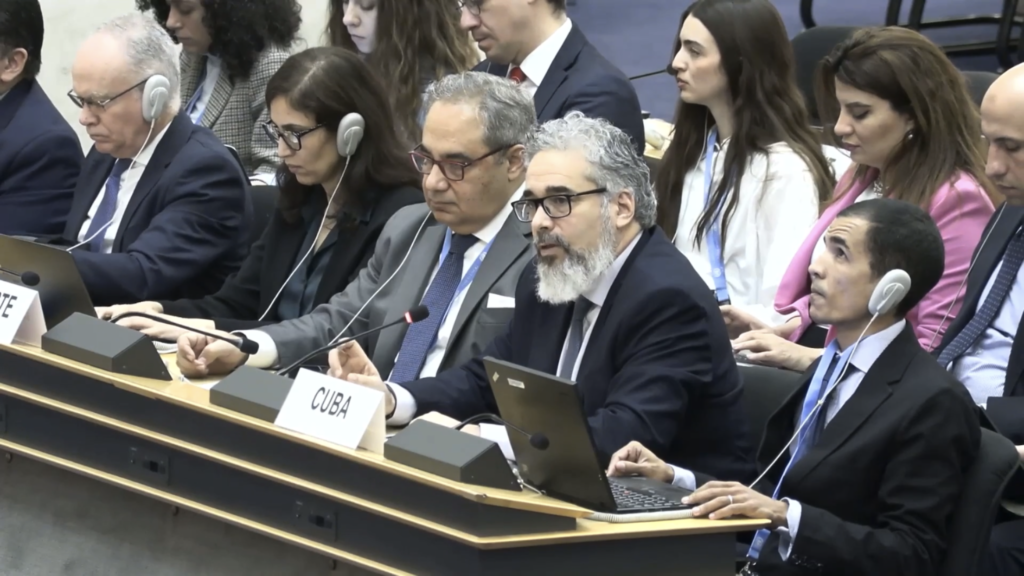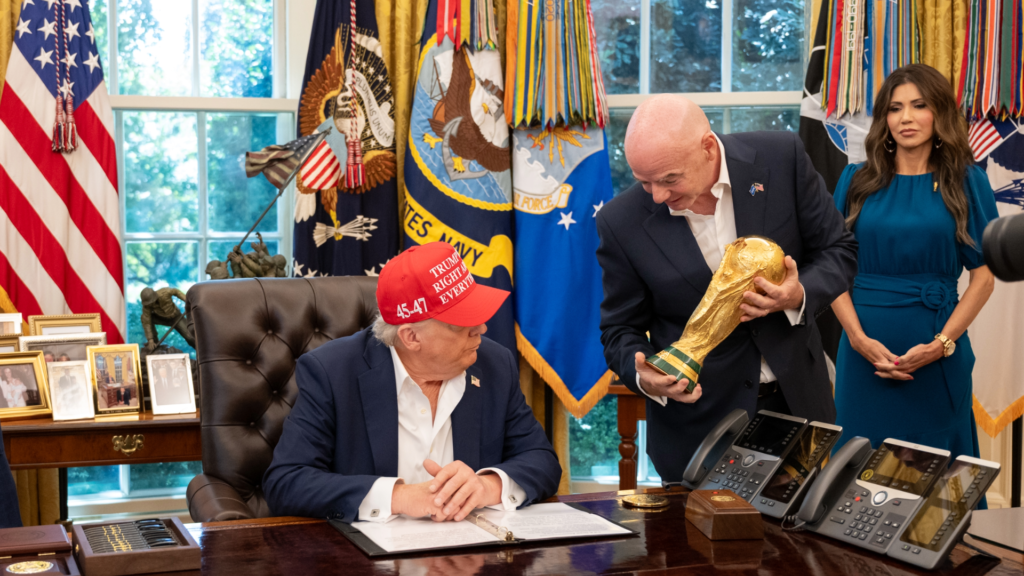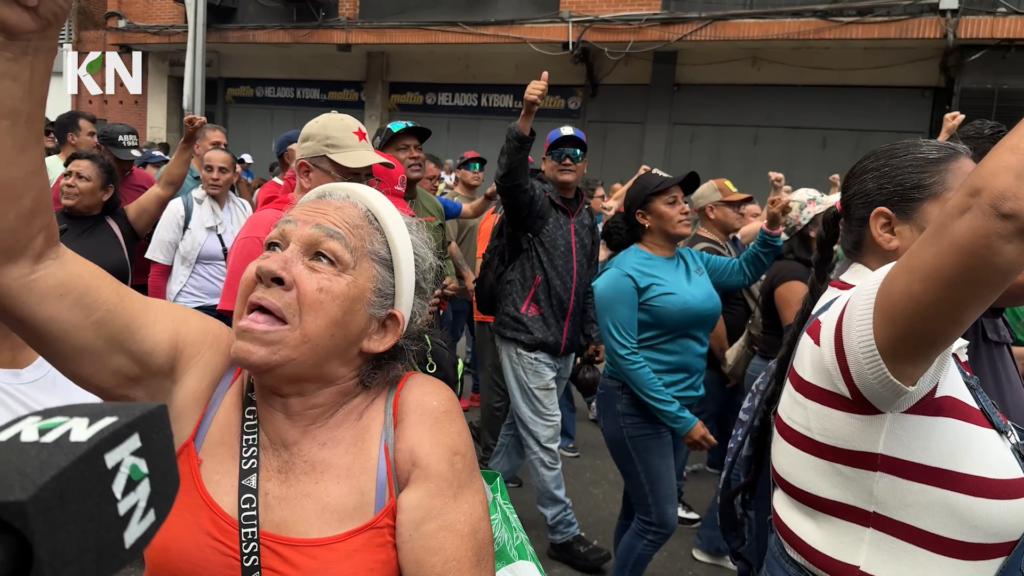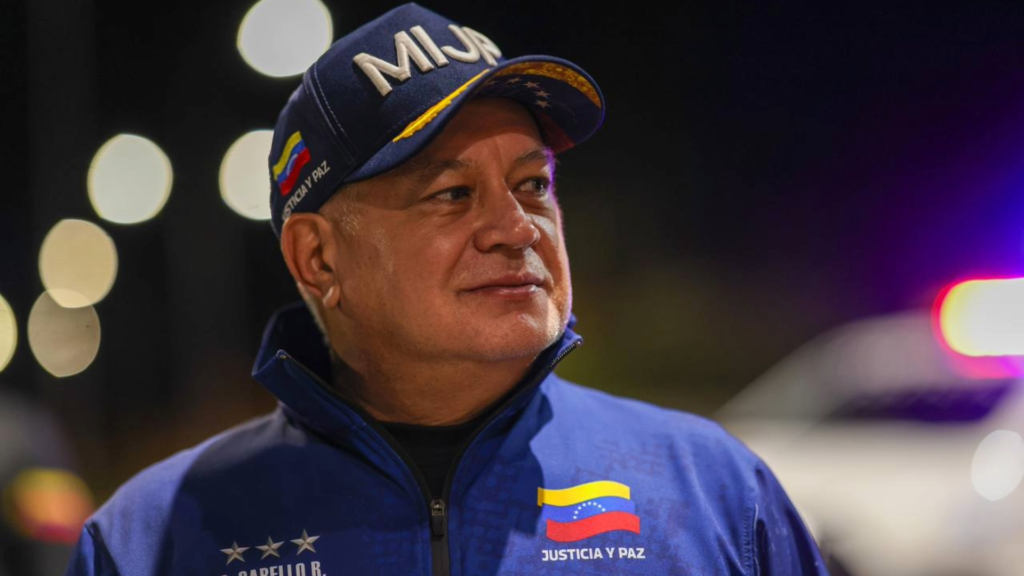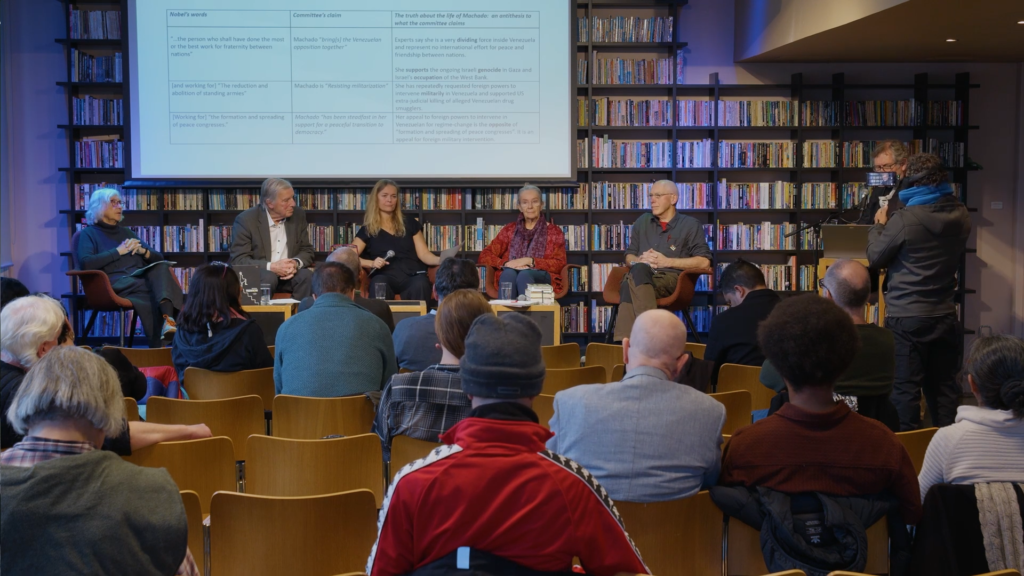During the recent UN Summit in New York, Ukraine’s President Volodymyr Zelensky publicly criticized Brazil and China’s joint peace proposal for the conflict in Ukraine. He labeled it “destructive” before learning any details, as the plan hadn’t yet been disclosed. Essentially, as shown in the following excerpt, the proposal suggests adherence to basic principles of open dialogue aimed at achieving a feasible and realistic peace:
Both nations believe that dialogue and negotiation are the only viable solutions to the Ukraine crisis. All relevant actors should create conditions for the resumption of direct dialogue and promote de-escalation until a comprehensive ceasefire is reached. Brazil and China support an international peace conference at an appropriate time, recognized by both Russia and Ukraine, with equal participation from all relevant parties, along with a fair discussion of all peace plans.
This is what Zelensky refers to as a “destructive” proposal. He also questioned the “real interest” of Lula, China, and Brazil in such an agreement, insinuating that Lula seeks to gain prominence at Ukraine’s expense, implying a lack of genuine interest in peace.
But Lula doesn’t need Ukraine or its war to gain prominence. Unlike Zelensky, Lula is a global leader committed to a positive agenda: fighting poverty, inequality, climate change, establishing a new global governance, and more. He is dedicated to building a peaceful, symmetrical, and multipolar world.
Zelensky, on the other hand, only presents his so-called “victory plan”—a plan to continue the war with Russia, as his “proposal” requires Moscow’s unconditional surrender.
In reality, Zelensky is investing in a war that affects the entire world and is becoming increasingly dangerous—a war that threatens to escalate into open confrontation between NATO and Russia, two nuclear-armed powers.
Putin has made it clear he could use these weapons if NATO/Ukraine insists on an offensive into Russian territory. Notably, Russia possesses tactical nuclear weapons that can be mounted on hypersonic missiles, capable of traveling at approximately 8,000 kilometers per hour. It’s naive and dangerous to assume, as some do, that Moscow’s recent statements are merely a bluff.
Lula has said that if Zelensky were wise he would bet on diplomacy. He’s absolutely right. Ukraine does not have the means to win this war, even with the mountain of aid it receives from the West. Kyiv has already lost over 500,000 combatants in this futile effort and has no reserves to sustain a war of attrition with Russia, which has much larger military reserves and extensive control over artillery and aviation. Slowly but systematically, Ukraine is losing more and more territory as the war continues.
Although Moscow’s goal has never been to conquer Ukraine, as some uninformed people claim, Russian forces already control about 23% of Ukrainian territory and continue advancing. The inexorable trend, with the continuation of the war, is that Ukraine will lose more territory, making negotiations increasingly asymmetrical, to Kyiv’s detriment.
For this reason, analysts with a minimal level of rationality believe it would be in Ukraine’s best interest to initiate serious and realistic peace negotiations. At the very least, this would prevent further unnecessary Ukrainian bloodshed.
Zelensky, however, pressured by the U.S. and NATO, persists in the war effort, deepening and expanding the conflict. But Zelensky is not even a “warlord.” He is a servant of a war into which Ukraine was driven by the geopolitical interests of the U.S. and its allies.
Meanwhile, Lula, whom Zelensky is obsessed with criticizing, is an international-level statesman, a champion of peace and negotiations. If he were smart, Zelensky would listen to Lula. After all, listening to Lula means listening to the Global South and the voice of reason. That’s no small thing.
Marcelo Zero is a sociologist, international relations specialist, and technical adviser to the PT Senatorial leadership
This article has been translated from Portuguese by Kawsachun News. Read it in its original Portuguese here.



